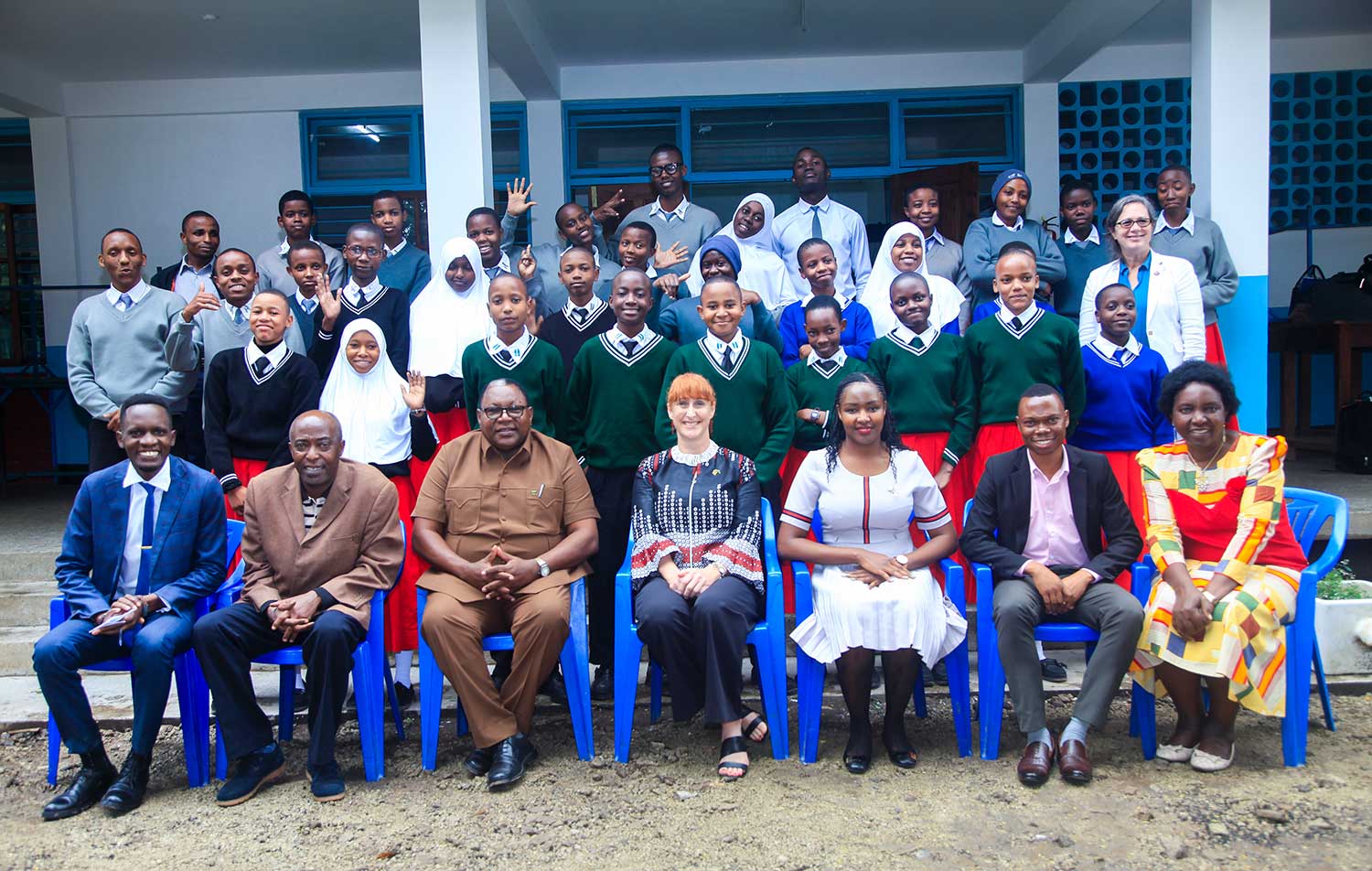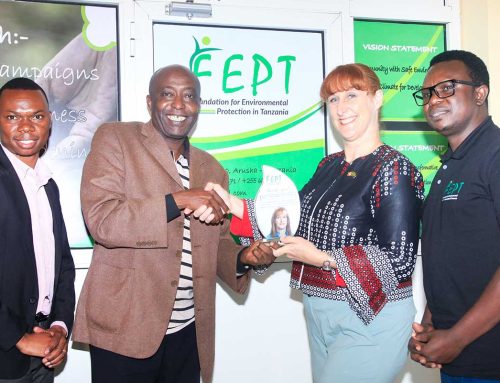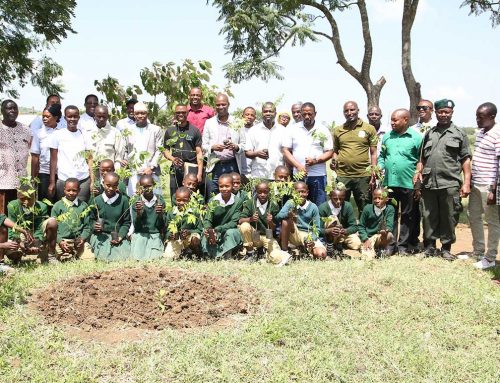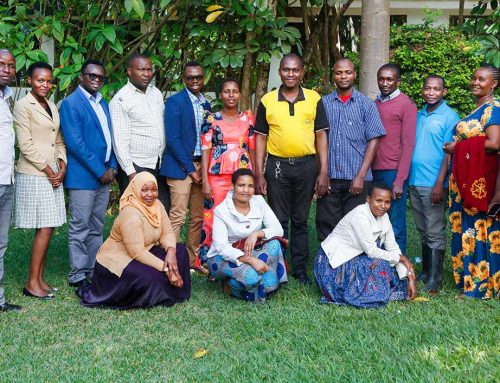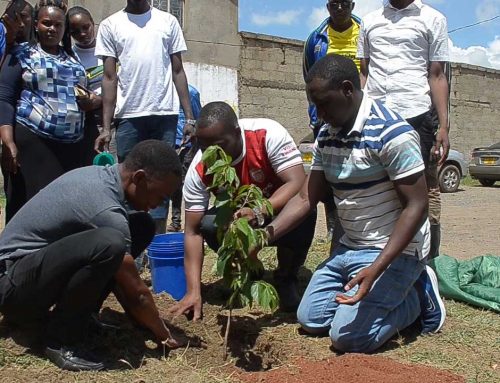In celebrating World Environment Day 2022, FEPT conducted a series of events to commemorate this special day.
1. We conducted tree planting at Arusha Secondary School in Arusha as part of our long-term Reforestation Project for climate change mitigation and adaptation. This was designed to increase the understanding and participation of young people in environmental conservation as the game changers for a sustainable planet.
2. We held a Hybrid Symposium, which witnessed the coming together of stakeholders within the environmental sector with the primary aim of highlighting/discussing some pressing environmental concerns in the global community across different sectors, i.e., Academic, Government, Private Sector, and the Indigenous People.
This Symposium was organized in partnership with Eleven Eleven Twelve Foundation (EET Foundation), a Nigerian Non-profit which also focused on the sustainability of our planet and was visible all across the continent as it was coordinated in 10 centers across the African Continent and streamed online.
We held that Symposium at Arusha Secondary School with prominent speakers from various sectors H.E Pamela O’Donnell (High Commissioner of Canada-Tanzania), Ms. Lilian Makoy (Program Manager-TRIAS East Africa), Mr. Claud Gwandu (Board Chairperson and prominent Journalist) and Mr. Alex Marti (For, Arusha City Lord Mayor)
Aims & Objectives:
- The Symposium aimed at helping students build knowledge and encouraging them to play their part in protecting the environment and saving the planet for future generations.
- It also reflected positively on the sustainability culture of the participating school.
- To help both students and the audience at large develop the right attitude towards the conservation of environmental resources.
Theme:
The theme for the 2022 World Environment Day was “ONLY ONE EARTH,” of which we had a Sub-theme developed for this Symposium, which was “Human Interaction with our Planet; the good, the bad and the way forward; Assessing the Role of Policy Makers, Private Sector, Indigenous People and the International bodies Towards Global Development.”
We could engage the audience we had physically as students were able to contribute to the topic and online audience who were following through various zoom rooms. Huge awareness was created regarding sustainability and conservation, and we believe our audience will be the agents of change.

